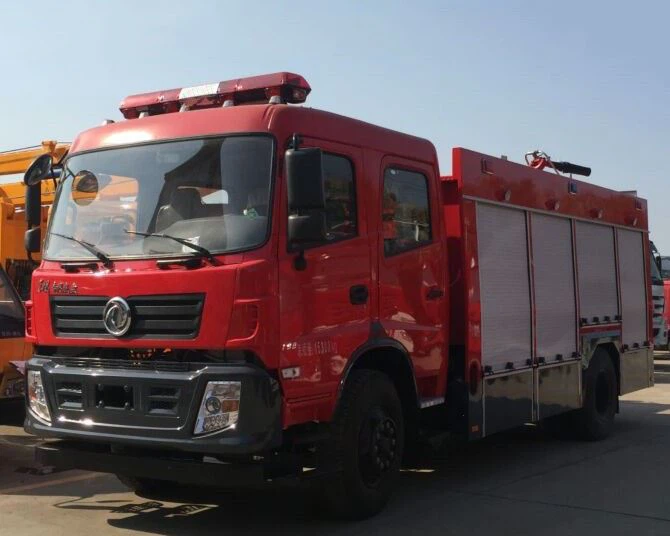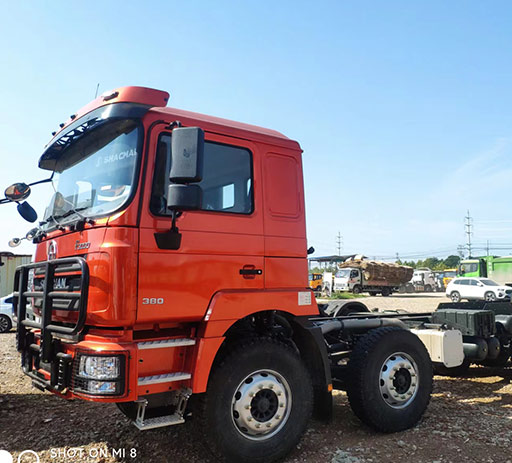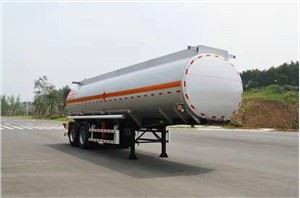Used Refuse Trucks for Sale: A Comprehensive Buyer’s Guide

When it comes to managing waste effectively, having the right refuse truck can make all the difference. If you’re in the market for used refuse trucks for sale, this guide will walk you through everything you need to know, from types and features to where to find the best deals.
Understanding Refuse Trucks
Refuse trucks, also known as garbage trucks, are specially designed vehicles for collecting waste and recyclables. They come in various sizes and configurations, suitable for both residential and commercial use. Understanding the types of refuse trucks available can help you make an informed purchasing decision.

Types of Refuse Trucks
- Rear Loaders: These trucks have a rear compartment where the waste is loaded. They are commonly used for residential waste collection.
- Front Loaders: Ideal for commercial waste collection, front loaders have large bins that can be accessed from the front.
- Side Loaders: These trucks are equipped with automated systems for easy waste collection from the side.
- Roll-off Trucks: Designed for transporting large roll-off containers, these are excellent for construction and demolition waste.
Factors to Consider When Buying Used Refuse Trucks
When searching for used refuse trucks for sale, several factors will influence your decision. Let’s explore the most critical considerations.
1. Condition of the Truck
Inspecting the condition of a used refuse truck is vital. Check for wear and tear, rust, and mechanical issues. A thorough inspection by a qualified mechanic can save you from costly repairs down the line.
2. Mileage and Age
Older trucks with high mileage may have more wear, making repairs more likely. Generally, look for trucks that have been serviced regularly and come with a maintenance history.
3. Load Capacity
Determine the load capacity you need based on your waste collection volume. The capacity of refuse trucks typically ranges from 10 to 40 cubic yards.
4. Fuel Type
Most refuse trucks run on diesel, but consider whether alternative fuel options, such as compressed natural gas (CNG), are more suitable for your needs.
5. Compliance and Regulations
Ensure the refuse truck complies with local and federal regulations. Trucks built after certain years are often required to meet specific emissions standards.
Where to Find Used Refuse Trucks for Sale
Finding the right venue to purchase your used refuse truck is critical. Here are some excellent options.
1. Online Marketplaces
Websites like eBay, Craigslist, and specialized equipment auction sites regularly feature used refuse trucks for sale. Always check seller ratings and reviews.
2. Dealerships
Many dealerships specialize in commercial vehicles and have a selection of used refuse trucks. A dealership often provides warranties and financing options.
3. Auctions
Government and commercial auctions can be goldmines for finding used refuse trucks at lower prices. Websites like GovDeals and AuctionZip can list upcoming auctions.
4. Classified Ads
Don’t overlook local classified ads in newspapers or online community boards. Local businesses may sell their equipment directly through these channels.
Price Range for Used Refuse Trucks
The price of used refuse trucks can vary significantly based on several factors like condition, age, and mileage.
| Truck Type | Average Price Range |
|---|---|
| Rear Loader | $15,000 – $50,000 |
| Front Loader | $20,000 – $60,000 |
| Side Loader | $25,000 – $70,000 |
| Roll-off Truck | $30,000 – $75,000 |

Financing Options for Your Purchase
Buying a refuse truck is a significant investment, and understanding your financing options can ease the process.
1. Loans
Many banks and credit unions offer loans specifically for purchasing commercial vehicles. Ensure you have your financial documents ready for the application process.

2. Leasing
Leasing a used refuse truck can be a more affordable monthly option compared to buying outright. However, make sure to check the terms of the lease.
3. Manufacturer Financing
Some manufacturers offer financing plans for their trucks. Even used models may qualify, depending on the dealership.
Maintenance and Care for Used Refuse Trucks
Proper maintenance is crucial to maximizing the life of your used refuse truck. Here are some practical tips.
1. Regular Inspections
Schedule regular inspections to identify potential issues before they become significant problems. This includes checking brakes, tires, and hydraulic systems.
2. Fluid Checks
Check and change fluids regularly, including oil, brake, and transmission fluids, to ensure optimal performance.
3. Cleaning
Regularly cleaning the truck helps prevent corrosion and odors. Maintain cleanliness in both the interior and exterior.
4. Keep Records
Maintain detailed records of all maintenance work done on the truck; this can help with resale value later.
Practical Examples of Used Refuse Truck Purchases
It’s helpful to see how others have successfully navigated the purchase of used refuse trucks.
Case Study: Small Business Owner
A local business owner needed an affordable refuse truck for their landscaping business. They found a rear loader for $20,000 on a government auction site. After inspection and minor repairs, they increased their waste collection capacity significantly without breaking the bank.
Case Study: Municipal Purchase
A small town government sought to expand their waste management capabilities. They purchased three used front loaders from a local dealer for $45,000 each. The dealer provided a warranty and maintenance plan, ensuring ongoing support.
FAQ: Common Questions About Used Refuse Trucks
1. What is the average lifespan of a refuse truck?
Most refuse trucks have an average lifespan of 12-15 years, depending on maintenance and usage patterns.
2. How can I ensure I’m buying a reliable truck?
Always conduct a thorough inspection, check maintenance records, and consider having it assessed by a mechanic before purchasing.
3. Are there any hidden costs when purchasing a used refuse truck?
Yes, you may incur costs for repairs, inspections, insurance, and registration. Make sure to budget for these additional expenses.
4. Can I modify a used refuse truck?
Yes, you can modify a truck to suit your specific needs, but ensure that such modifications comply with local regulations.
5. Where can I find parts for a used refuse truck?
Parts can be found at dealerships, online marketplaces, and specialized salvage yards. Contact manufacturers for OEM parts.
6. What are the benefits of buying used over new refuse trucks?
Buying used trucks typically costs less, allows for quicker availability, and reduces depreciation in the initial years.
Final Thoughts
Whether for a municipality, a small business, or a waste management company, purchasing used refuse trucks represents a practical choice. By understanding the market and taking your time to research, you can find a reliable truck that meets your needs without stretching your budget.
